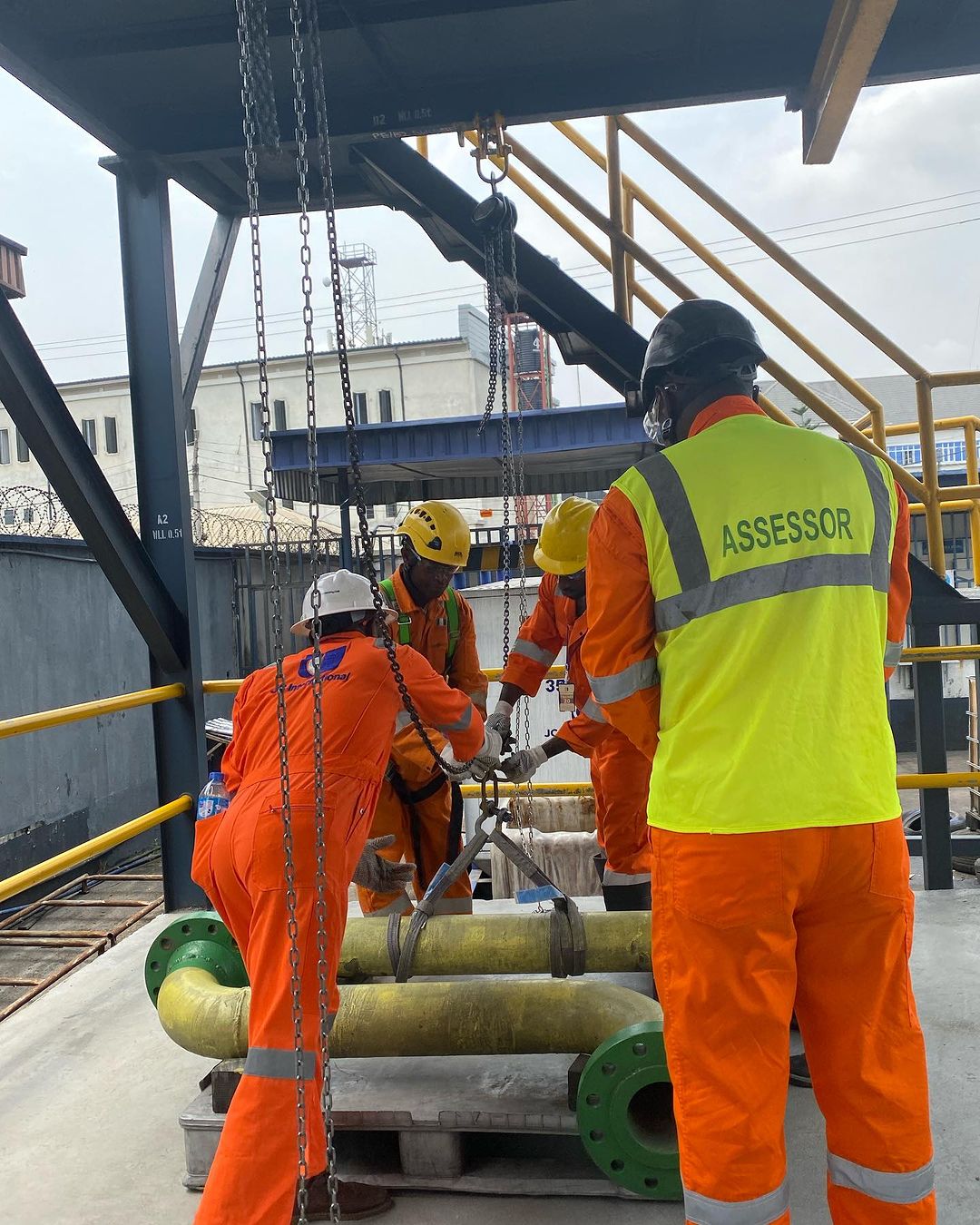
Rigger Training: A beginner’s Guide.
Rigger training is essential for anyone looking to enter fields like construction, mining, agriculture, and oil and gas. This specialized training ensures that individuals are equipped with the skills and knowledge necessary to safely and effectively perform rigging tasks. Here are five frequently asked questions (FAQ) about rigger training, along with detailed answers to help you understand what it entails and what to expect.
1. What are the Requirements for Rigger Training?
To participate in rigger training, individuals must meet certain physical and mental fitness criteria. The reason is rigging tasks often involve heavy lifting, precise coordination, and the ability to operate under potentially stressful conditions.
1. Physical Fitness: Participants should be in good health and physically capable of handling the physical demands of rigging tasks. This includes strength, endurance, and dexterity.
2. Mental Fitness: Rigging requires a high level of mental alertness and the ability to make quick, accurate decisions. Participants should be mentally prepared to handle the responsibilities and potential pressures of the job.
Before enrolling, it’s advisable to undergo a medical examination to ensure you meet these fitness standards.
2. Where Can a Rigger Work?
Often, individuals want to know the various locations and industries a rigger can work. Rigging skills are highly versatile and applicable across various industries. Each industry offers unique challenges and opportunities, making rigging a diverse and exciting career path.
Here are some common sectors where riggers are in demand:
1. Mining: In the mining industry, riggers are essential for the safe and efficient movement of heavy equipment and materials.
2. Construction: Construction sites often require riggers to set up and dismantle cranes, move large structures, and ensure the safety of lifting operations.
3. Agriculture: Riggers in the agricultural sector are needed to safely operate heavy machinery and transport goods from place to place.
4. Oil and Gas: The oil and gas industry rely on riggers for the setup and operation of drilling rigs, pipelines, and other critical infrastructure.
3. What is the Duration of Rigger Training?
The length of rigger training can vary depending on the accrediting body and the level of training being pursued. However, most basic or initial rigger training programs are designed to be completed within a relatively short period, for example 2 to 3 days. This duration ensures that participants have ample time to grasp essential concepts and practice their skills under guided supervision.
4. What are the Certifications for Rigger Training?
There are several certifications available for riggers, provided by various accrediting organizations. These certifications ensure that riggers are trained to meet industry standards and can perform their duties safely and effectively.
Some of the most recognized certifications include:
1. LEEA (Lifting Equipment Engineers Association): Offers comprehensive training and certification programs focused on lifting and rigging.
2. IADC (International Association of Drilling Contractors): Provides certifications tailored to the oil and gas industry.
3. OPITO (Offshore Petroleum Industry Training Organization): Known for its rigorous standards in the offshore and petroleum sectors.
4. NPORS (National Plant Operators Registration Scheme): Offers a range of certification programs for plant operators and riggers.
5. NUPRC (Nigerian Upstream Petroleum Regulatory Commission): Formerly known as the DPR (Department of Petroleum Resources) gives authority to Nigerian oil servicing training centres the liberty to train and certify an individual.
5. What are the Certifications for Rigger Training?
Generally, rigging certificates are valid for a period of 2 years. The validity of rigger certifications can vary depending on the accrediting organization, as well as the level and type of certification obtained. After this period, renewal or recertification is required to ensure that riggers remain up-to-date with the latest safety practices and industry standards.
Now you know the answers to 5 frequently asked questions (FAQ) on rigger training.
Are you ready to enroll for a rigger training?
JC International offers rigger training in Port Harcourt, Lagos and Uganda. We have the following accreditations; OPITO, LEEA, IADC, NPORS and NUPRC. Our expert instructors, standard facilities and practical sessions make us the most preferred training institute in West Africa.
Contact us today to get started.

Leave a Reply